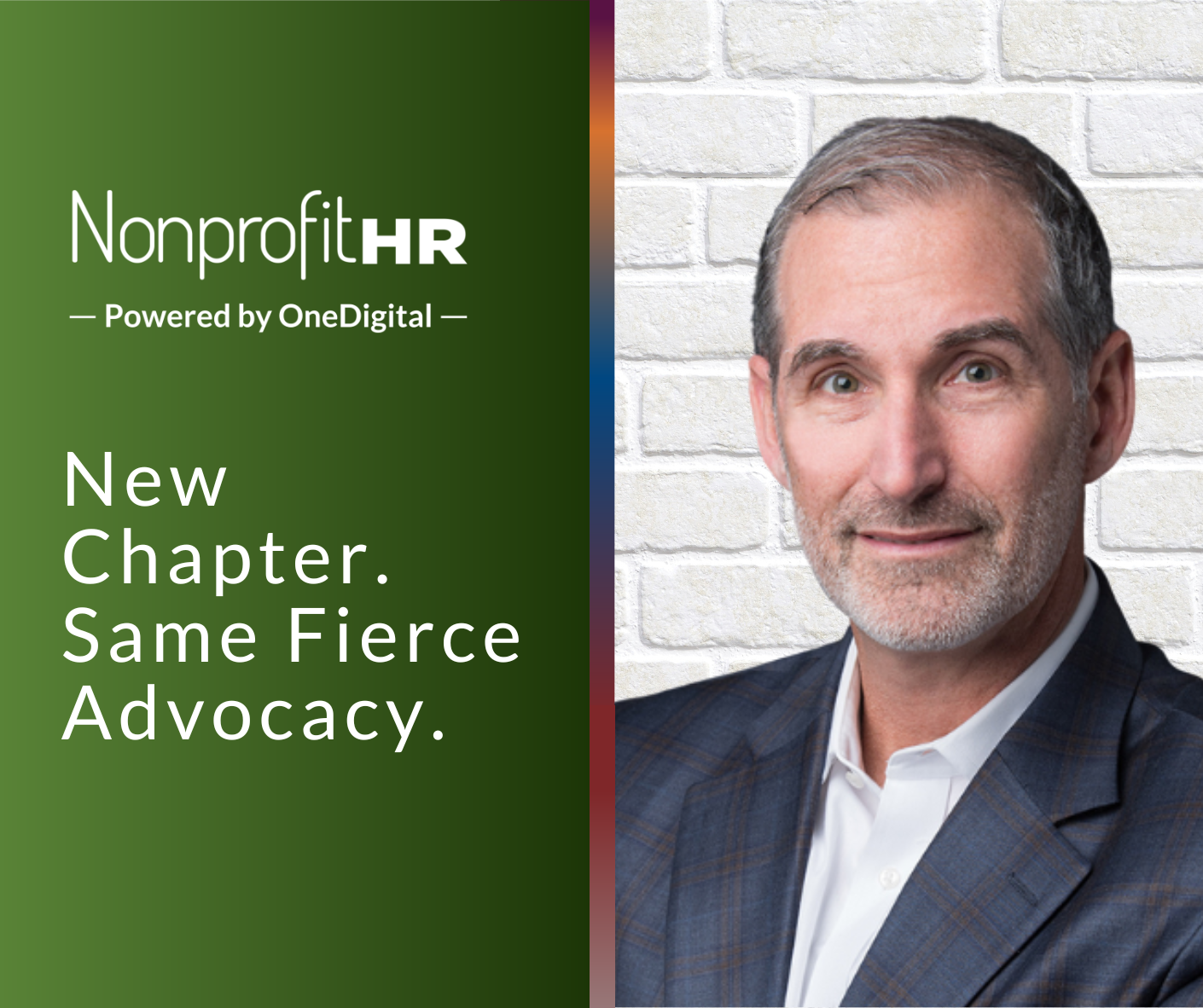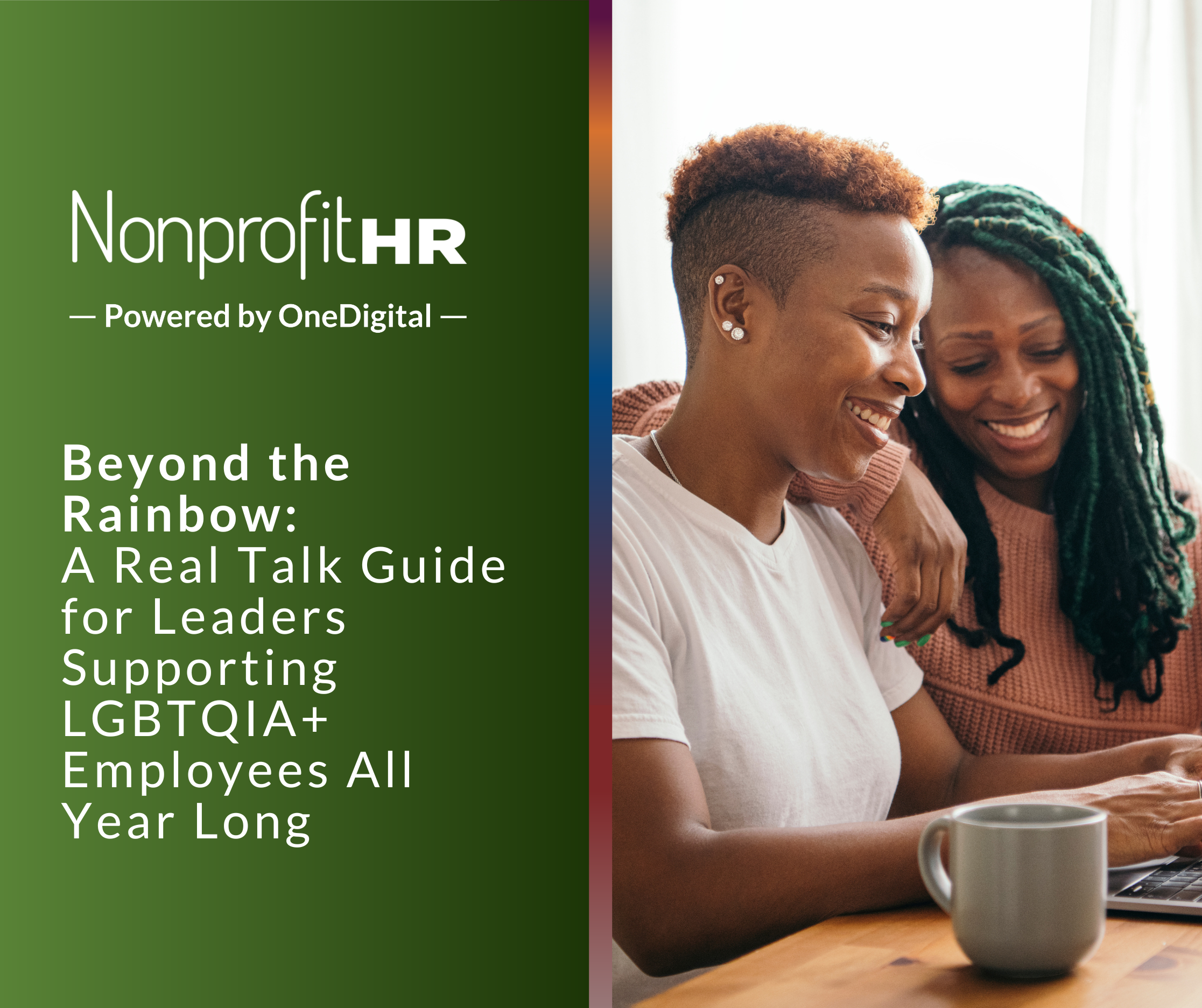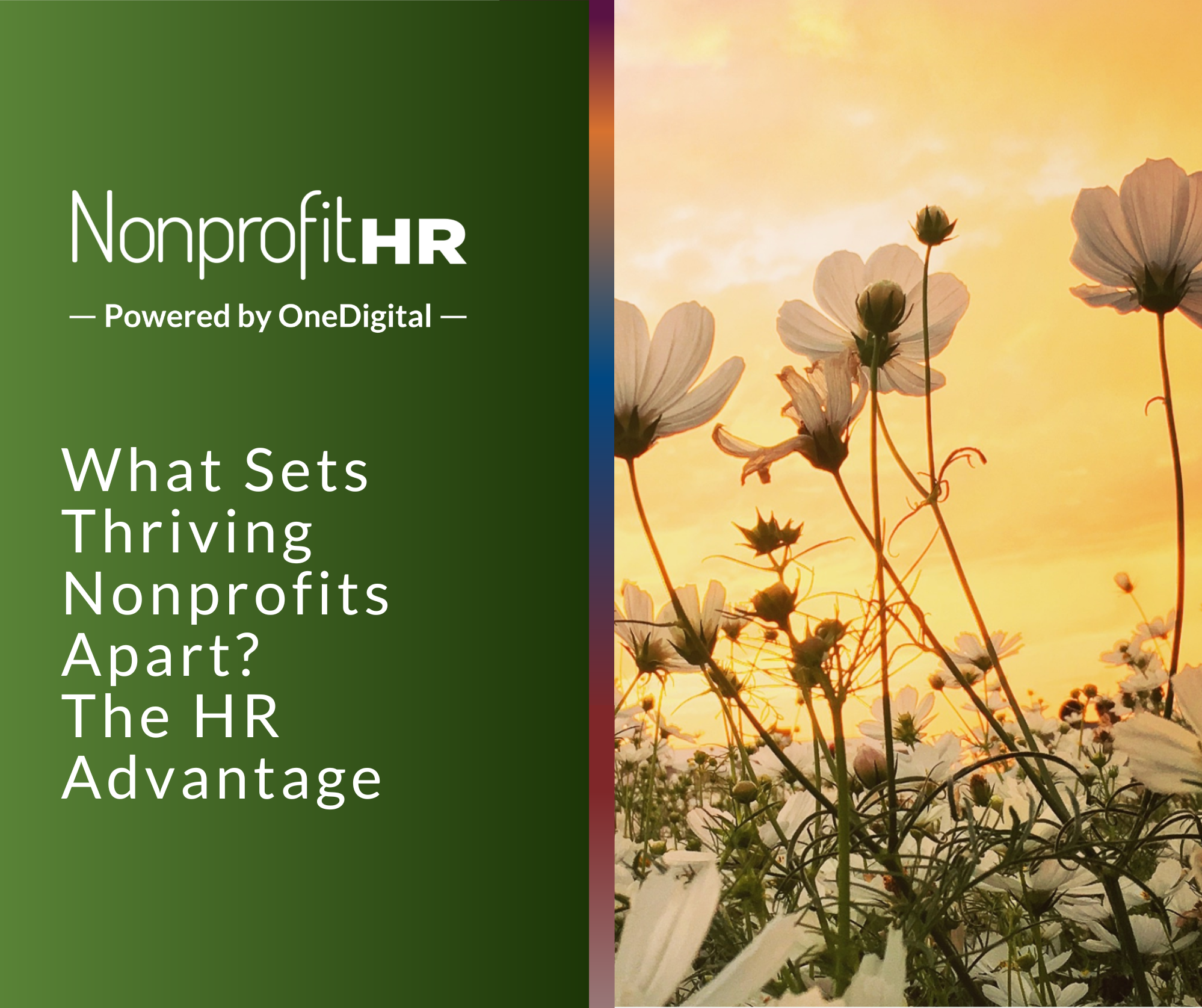WTOP: 5 ways nonprofits can…
Whether your employees are remotely working across the country or local staff is sharing their time between their home office and your company site, your organization is now a hybrid workplace! Zoom and other virtual platforms have become your conference room(s). Without naming it, organizations implemented human-centered work by making decisions that equally balance employee needs with organizational productivity and mission sustainability. But for many organizations, the question still remains – is this model inevitably sustainable for the long run?
Pamela Hinds, Fortinet Founds Chair and professor of Management Science and Engineering at Stanford University, says it well:
“One of the things I think is really exciting about all this, and perhaps a little bit frightening, is nobody actually knows how to do it. It is not something that we’ve ever done before. And I’ve studied a lot of globally distributed work, and virtual teams, and so forth. But hybrid work is not that and it’s not telecommuting, which we know a bit about. But it’s something that is a mix of these multiple different modes of working.”
Key Initiatives to Help Sustain Hybrid Work:
- Define your workplace culture and values. Determine which organizational values are explicit and implicit in your workplace. It is important to check-in with your staff and ask them to describe what it feels like to work at your organization, and in what way values are embedded in workplace practices. Survey staff to help quantify and qualify the impact of working virtually, then use the feedback as an opportunity to build synergy and connectivity.
- Give staff flexibility by championing trust and accountability as hallmarks of your workplace. Allow them to choose how, when and where to work to increase and sustain productivity.
- Incorporate a diversity, equity and inclusion lens in your approach to virtual and hybrid work and ensure that your individual team members feel seen and heard.
- Establish an onboarding program that sets the course for how teams and individuals become successful in your organization. Include a variety of organizational perspectives and personalities in your program.
- Embed organizational values into your performance management system. If you do not have organization-wide competencies (behaviors and skills) that are aligned with your organizational values, engage your staff to define what those are. Ensure that your performance management system supports efficient and effective methods for communicating success, challenges, new opportunities and progress with the intent of driving quick course corrections, as needed.
In Need of Support?
Human resources experts can lead the way in intentionally supporting and sustaining this shift. If you are seeking a collaborative and consultative HR partner, we are ready and able to support your organization. Consider conducting a workplace culture assessment to understand your organization’s current and aspirational cultures. Using a human-centered approach, you will gain an in-depth understanding of the direct impact culture has on who an organization hires, how productivity is decreased/increased, why employees leave and why employees stay. The assessment process will unravel the mystery of mission sustainability!
For additional context, we are pleased to share the following articles:
https://www.gsb.stanford.edu/insights/new-normal-how-hybrid-work-actually-works
Contributing Authors
 |
Lisa Wright Ponce leverages over 25 years of nonprofit and private sector experience in her role as Senior Consultant. Lisa has proven capacity for strategically assessing diverse organizations and designing multi-faceted workplace solutions. She has expertise in organizational culture, as well as workforce and functional assessment, combined with a deep understanding of change management. Read full bio. |
 |
Suana Watson, Consultant, has progressive HR experience including employee relations, performance management, onboarding and orientation, recruiting, training, compensation and benefits. She is most passionate about providing support to clients in the areas of employee relations, compliance and process improvement. Read full bio. |





























